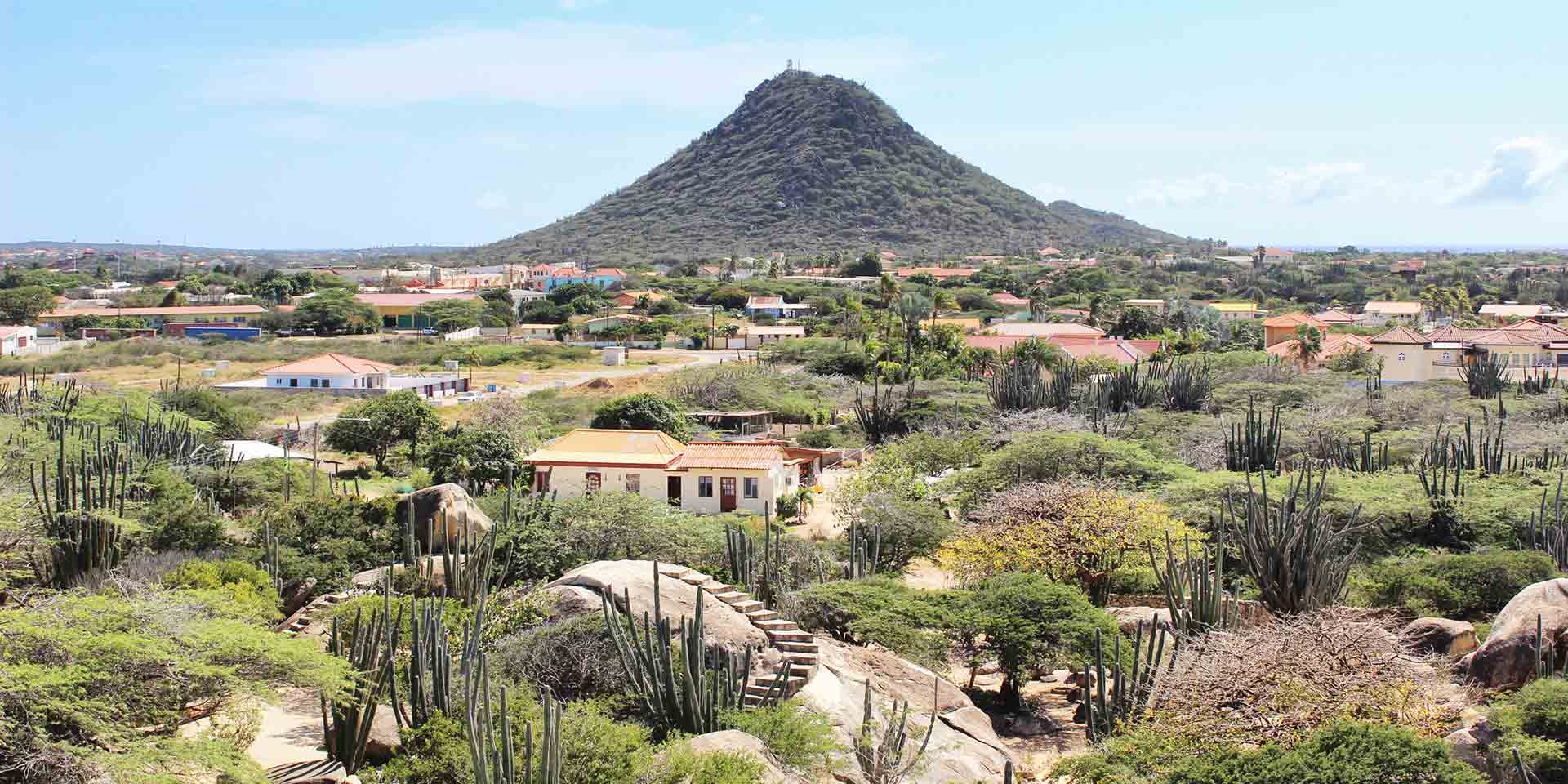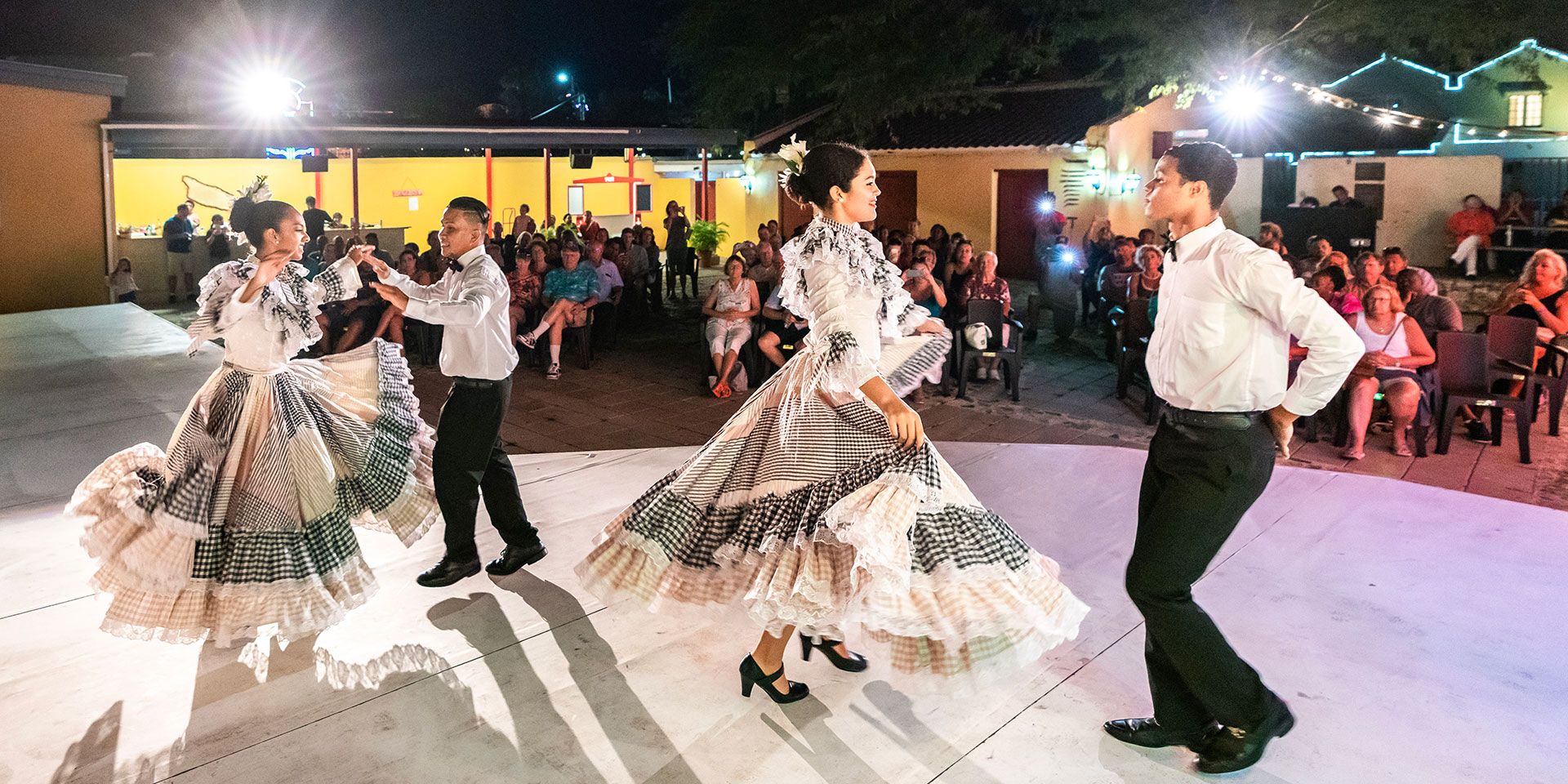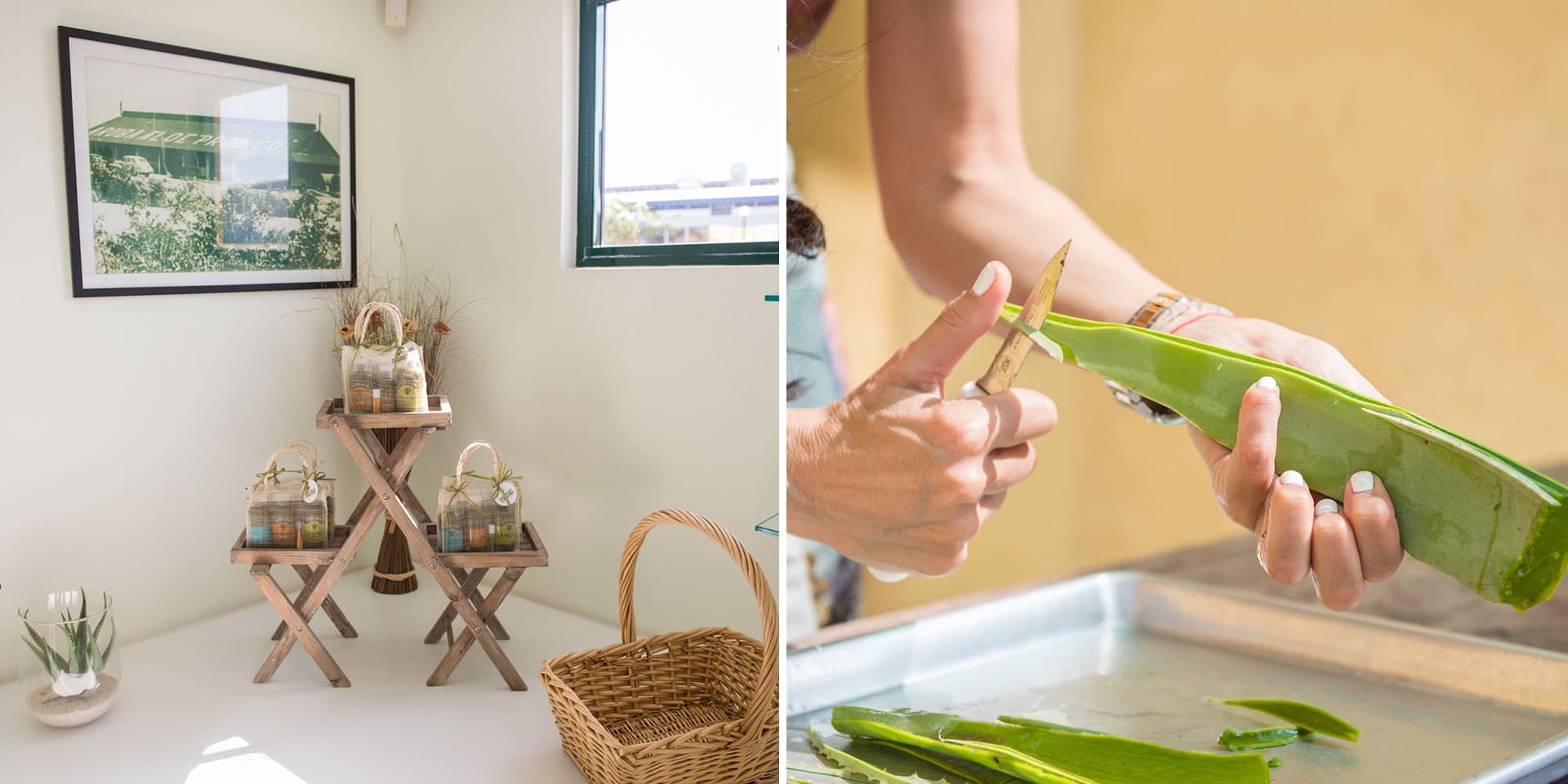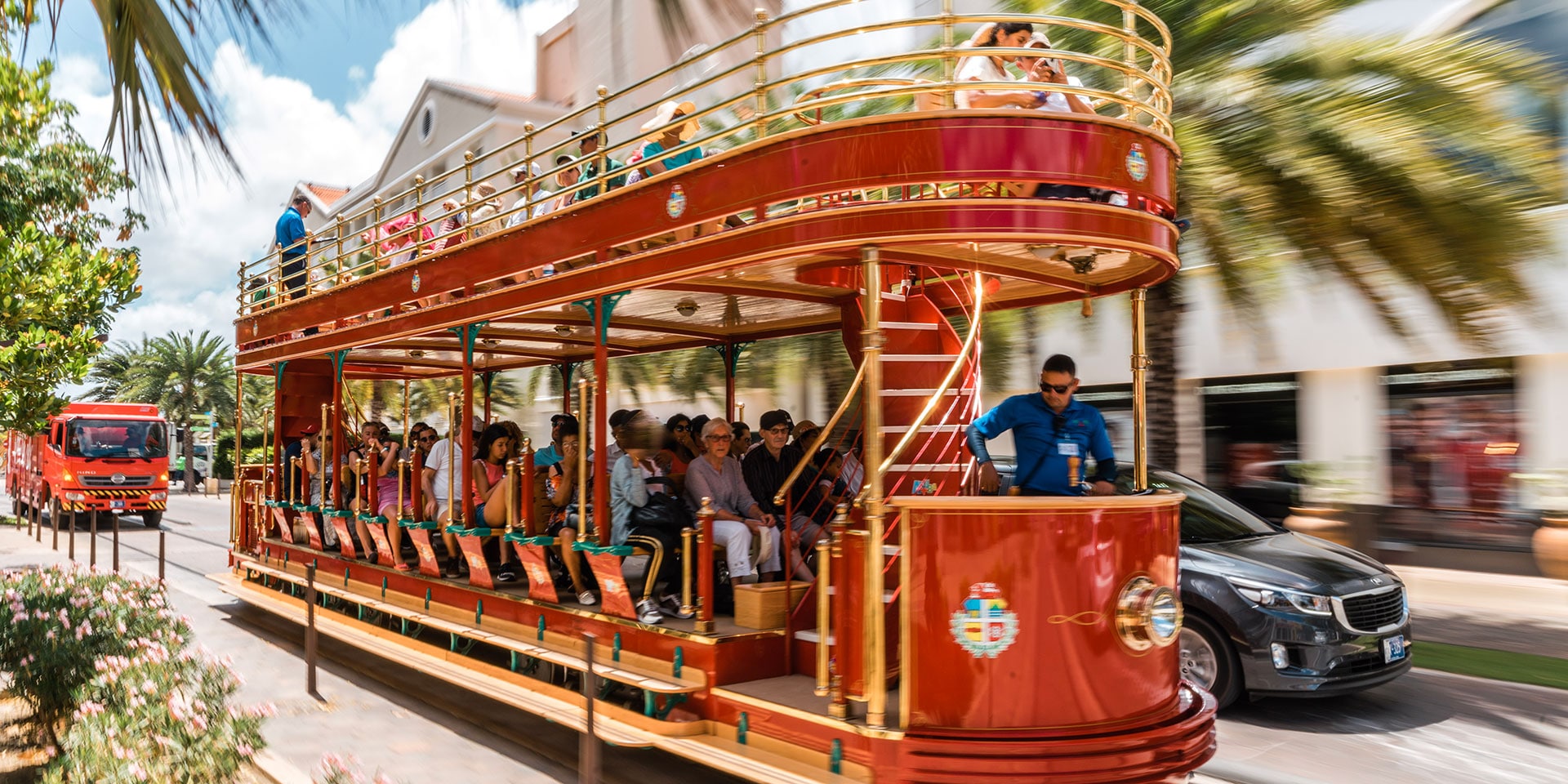If you haven’t been to Aruba lately, or still have it tucked on your bucket list, the little city of Oranjestad may surprise you. By commemorating its past through beautifully preserved colonial architecture and celebrating its present with a refreshed and rejuvenated downtown; trendy cafes, restaurants, and designer shops are gorgeously intermingled with historic buildings and museums.
Whether you’re looking for history, art or laid-back recreation, Oranjestad is a photographer’s dream of color and culture, and has something for everyone.
As always, check for travel guidelines and closures before planning your trip.
Stretch Your Legs
The longest linear pathway in the Caribbean spans from the cruise ship port to the airport area. This lovely paved route passes monuments and the main sights of the historic downtown. It also takes you past Surfside Beach where you can stop in at one of the many restaurants.
For those looking for something more challenging, check out Hooiberg. This volcanic formation only rises to 541 feet, but climbing the 550+ steps to the top offers panoramic views over Oranjestad and to Venezuela.

Explore History
Strolling the historic streets of Oranjestad, named after Huis van Oranje, the royal family that ruled during the island’s colonization, is a great way to take in some of the city’s multicolored Dutch colonial buildings. Many of the intricate old buildings were former homes that had fallen into disrepair —before being turned into public buildings.
In the heart of the city you can see the Plaza Daniel Leo, named after a local politician, and don’t miss Doctor Arends’ house. After the 1920 building grew dilapidated, the home was restored in the late 1990s. The vibrant green building is now Oranjestad’s City Hall.
Experience Culture
Taking place Tuesday nights at Fort Zoutman, Oranjestad’s oldest fortification, the Bon Bini Festival (which means welcome in the indigenous language of Papiamento) offers up a dazzling display of music, stories and dance. You can make an evening of celebrating Aruban culture and traditions by sampling the local food and drinks available for purchase.

Find a Souvenir
The local flea market offers everything from Cuban cigars to woodwork and seashell jewelry. The 40 or so covered stalls are a great place to find locally made items and affordable Aruban keepsakes.
If you’re looking for something exclusive to Aruba, don’t miss the shops selling Mopa Mopa art. These traditional handicrafts are typically carved wooden figures which are painted with vegetable dyes and a resin-based lacquer from the leaf bud of the Mopa Mopa tree.
Discover the Flora and Fauna
One of the things you’ll learn at Royal Aruba Aloe is that aloe has been grown commercially on the island since 1840. Still the country’s largest export, the plant frequently shows up in designs in local art and architecture. Discover a collection of ancient aloe planting tools and a variety of locally made aloe products.

If you want to explore nature, head to the Butterfly Farm just beyond the Aloe Factory, located in the Bubali Bird Sanctuary. Home to hundreds of butterflies from all around the world, the farm is a tropical sanctuary. A 15-minute tour will get you oriented —then you can stay as long as you like.
Hop On, Hop Off
Oranjestad’s eco-friendly battery-powered trolleys loop through downtown and stop in nine popular locations. The three free, double-decker trolley cars offer a great overview of the city —including the beautifully restored main street area with its palm-lined pedestrian-only area.
Keep an eye out for the eight bright-blue horse sculptures while exploring downtown. The horses are a reminder that Oranjestad was known as Playa Caballos until it was officially renamed in 1824. In the 17th century, selling horses to Europeans was a major part of Aruba’s economy and this history is so important that locals still call the town “Playa.”




